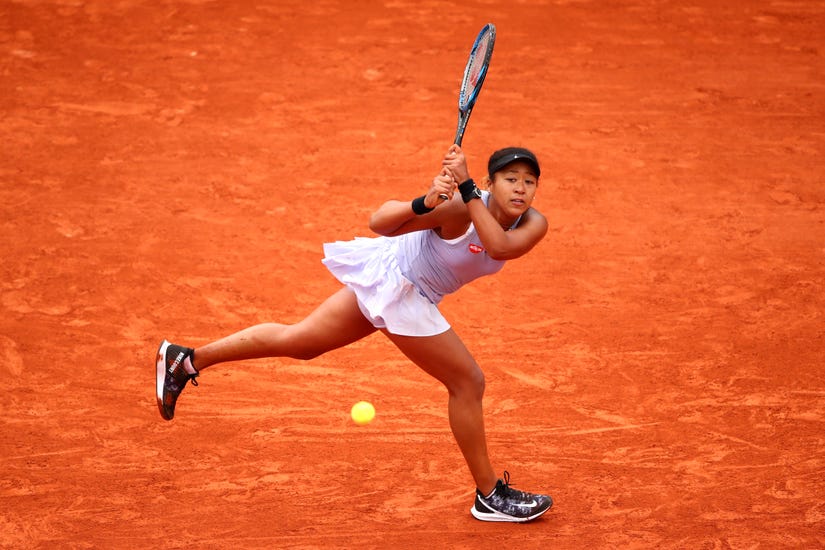The Many Layers of the Naomi Osaka Story
2More than one thing can be true in this Naomi Osaka situation.
It can be true that the athlete’s mental health isn’t great, and that we can respect her for taking steps to prioritise her wellbeing. It can also be true that perhaps she could’ve/should’ve gone about it differently, with her or her team talking through her preferences to avoid media with the WTA.
It can be true that press conferences aren’t fun for athletes, and it’s also true that they come with the territory. They can be uncomfortable if you’ve not performed well, but it’s also true that some media could do more to make some press environments less of a soul-destroying post-mortem for athletes. It’s true that there are some agendas in sports media, but it’s also true that there’s room for fair, balanced, appropriate critique, as in any vocation.
It’s true that the media can give athletes a platform. Osaka herself chose to use it to elevate the names of Black Americans killed by police on her masks worn during the 2020 US Open. But it’s also true that not everyone was made for it. To paraphrase Shakespeare, some are born for the media, and some have media thrust upon them. Give Kane Williamson the option not to do press conferences and I’m sure he’d take his surfboard and run with it.
It’s true that not every athlete would be in the position to say “I’m not doing press” and take the hit of a hefty fine, or have the ability to pull out of a tournament, because they might be relying on that appearance money to keep the lights on at home. While she’s coming from a position of financial security, it’s also true that intersectionality is at play for Osaka. As a female of colour, extra lenses are applied to everything she does, on and off the court, as much as we may wish that weren’t the case. And she’s young, so young. Remember, this is an athlete who had to endure boos from a crowd after her first grand slam win, and then apologised to them for winning. Some introduction to the spotlight.
It’s true that social media can be an athlete’s biggest ally in sharing their own voice and controlling their own narrative. Osaka’s communications this week prove that. But it’s also true that social media is a terrible place for athletes. Billie Jean King has stated that her cause back in the 70s was boosted because the ladies courted and used the media interest to their advantage. We can only imagine how social media would’ve contributed if it were around in those days. But one look at the Athletes Are Humans Instagram account highlights something King didn’t have to deal with in her era – keyboard warriors and wannabe sports opinion writers (*self-awareness claxon*) having their own platform with direct access to sports stars. King et al faced enough backlash as it was, without every Dave and his dog having direct access to her with the touch of an @ tag.
It’s true that COVID has changed the way press conferences work, with Zooms replacing in-your-face locker room access. Some athletes prefer it, some media may say they can’t do their job without it. The truth is probably somewhere in the middle.
And ultimately, it’s true that opting out from press conferences, and eventually the tournament, was the best move for Osaka and her mental health. And it’s also true that this can’t be the way forward. Sport and media need each other, and therefore need to work together to provide a better environment to get the best outcome for everyone. I don’t for a second think I’m qualified in either camp to produce the best idea on how to achieve that, but it could be anything from allowing flexibility in access and style, to a cool down period for athletes post-match, to changing the logistics away from the confrontational one-against-the-rest set up.
Athletes aren’t infallible. Being good at tennis doesn’t make you a good public speaker, nor does it take away any darkness or anxiety someone may be feeling. If one aspect of a person’s job makes them feel this way, then it needs to be managed sensitively and seriously.
Because above all truths, mental health matters.
Follow Heather on Twitter


Well said Heather.
Agreed, but as an international athlete one will be expected to front up to the media. Withdraw completely from the game, like the cricketers do, if you have mental health issues. Sorry, you can’t want to be an icon, yet not talk about the game. You don’t have to be an extrovert. Just answer a few questions, and if it is not about the game then just respond accordingly. No comment, or tell them that the issue is off limits.